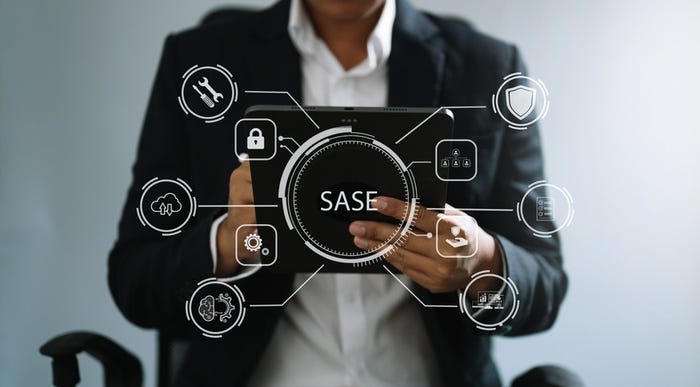SASE service from Aryaka
SDN/SD WAN Vendor & Market News
Aryaka Unveils SASE Service Migration ProgramAryaka Unveils SASE Service Migration Program
Aryaka launched its Unified SASE Service last month.

Aryaka launched its Unified SASE Service last month.